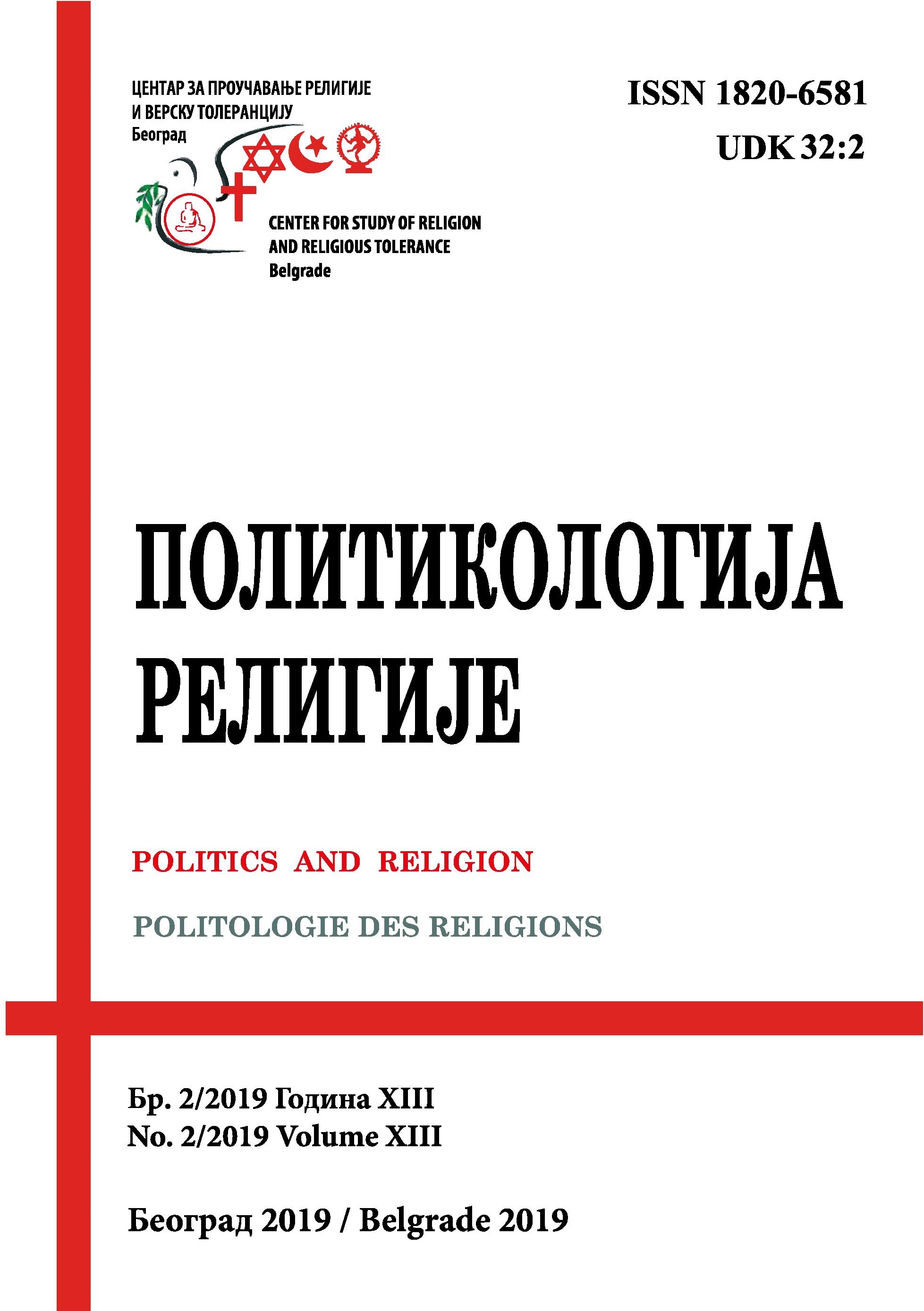SOCIAL MOVEMENTS, INNOVATION, AND GOVERNANCE: THE CASE OF THE ECONOMY OF COMMUNION IN ITALY
SOCIAL MOVEMENTS, INNOVATION, AND GOVERNANCE: THE CASE OF THE ECONOMY OF COMMUNION IN ITALY
Author(s): Luca OzzanoSubject(s): National Economy, Religion and science
Published by: Центар за проучавање религије и верску толеранцију
Keywords: Economy of Communion; Focolare movement; Catholicism; religion and economy; spiritually oriented entrepreneurship; Italy
Summary/Abstract: The Economy of Communion (EoC) movement is one of the most interesting phenomena both in today’s Catholicism and in the global field of spiritually oriented entrepreneurship. This model – first elaborated by the founder of the Focolare movement, Chiara Lubich – is focused on a ‘culture of giving’; on the development of a relation of ‘communion’ with employees, customers and even competitors; on transparency and fairness; and on environmental sustainability. Although grounded in the Gospel and the Catholic Church’s social doctrine, it is meant as a business model which can be adopted also by people belonging to other religious traditions, and even by non-believers. This paper, based on interviews to people involved in the EoC movement and on other primary and secondary sources, will analyse the movement in Italy, focusing on a side understudied by the literature: the complex web of organizations which provide it with a structure and a governance. Particularly, the paper will show how such organizations try to strike a balance between preserving the movement’s identity and Chiara Lubich’s message, and spreading the EoC model by trying to make it popular, also outside the Focolare movement.
Journal: Политикологија религије
- Issue Year: XIII/2019
- Issue No: 2
- Page Range: 267-284
- Page Count: 18
- Language: English

